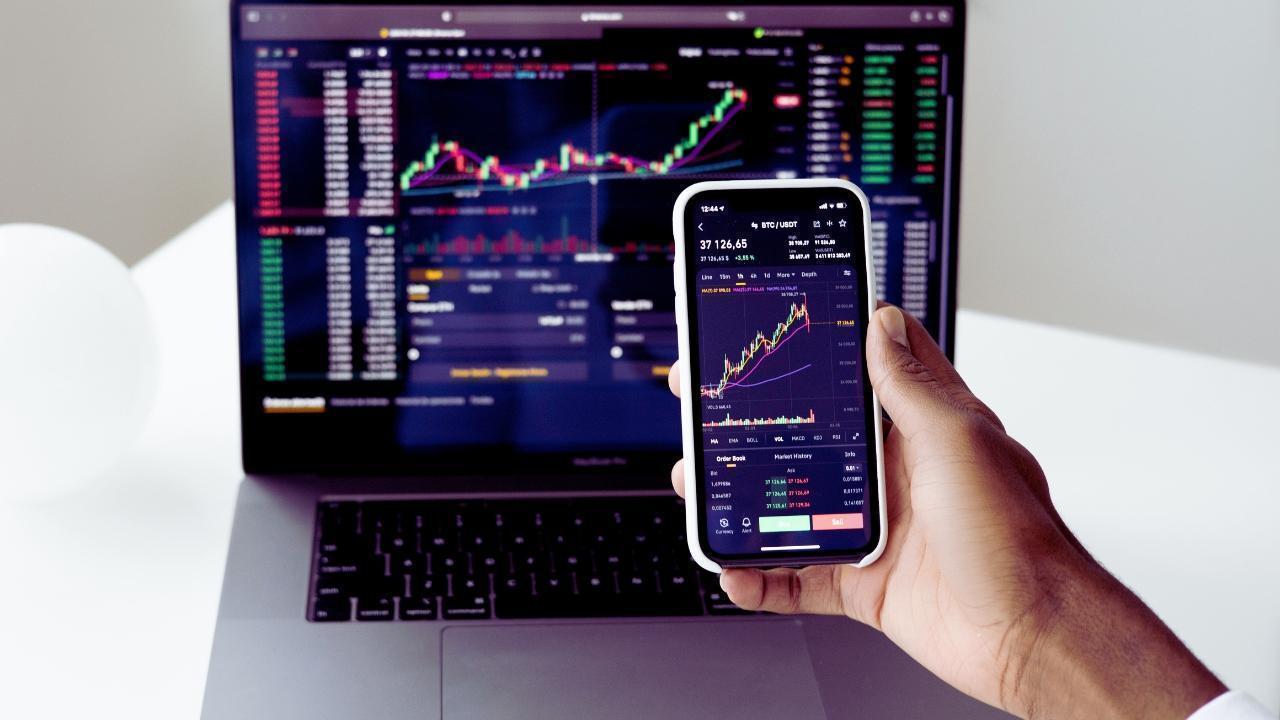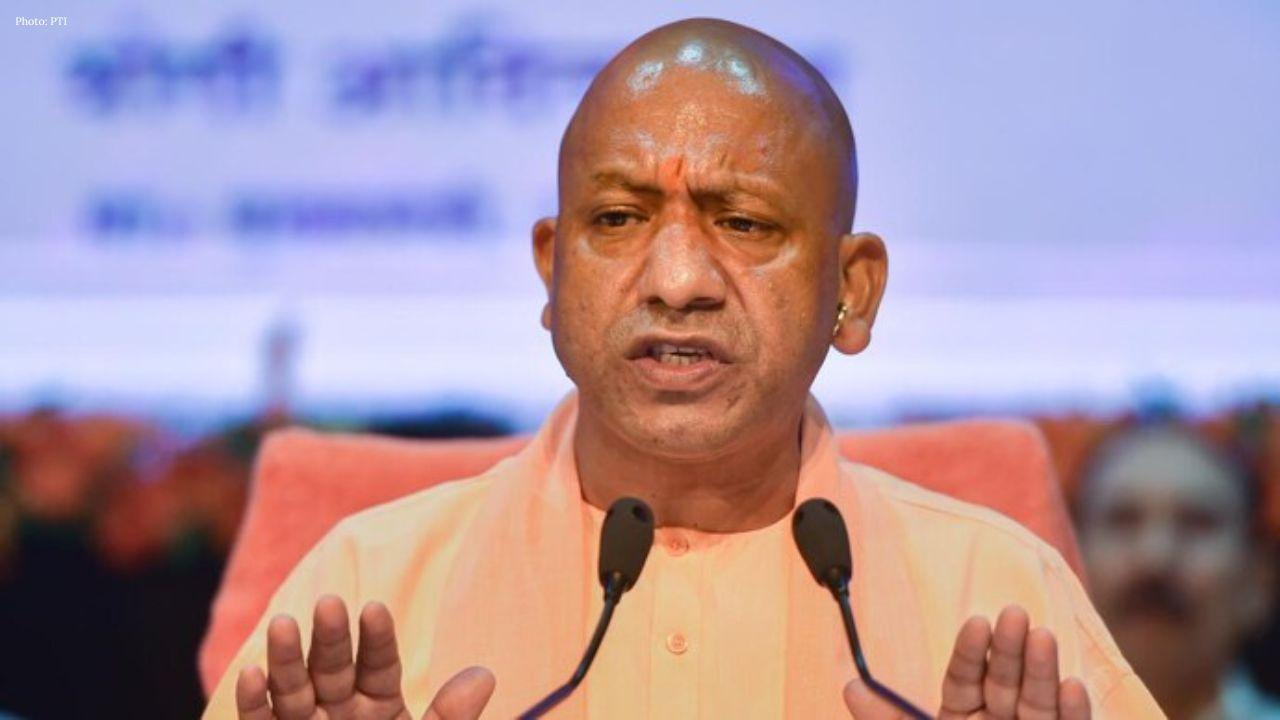You have not yet added any article to your bookmarks!

Join 10k+ people to get notified about new posts, news and tips.
Do not worry we don't spam!

Post by : Anis Farhan
In the bustling cities and remote villages of Southeast Asia, a digital revolution is unfolding — not through banks, but through smartphones. The region’s e-wallet market is exploding, driven by young populations, mobile-first behavior, and pandemic-era shifts in consumer habits.
But what began as a simple cashless payment trend has evolved into an all-out ecosystem war. Today’s e-wallets are no longer just digital cash substitutes — they are gateways to lending, insurance, investment, and cross-border commerce.
At the center of this battle are regional heavyweights like GrabPay, GCash (Philippines), ShopeePay, Dana (Indonesia), and Touch 'n Go (Malaysia) — each racing to become the default financial operating system for Southeast Asia’s digital economy.
Southeast Asia’s digital payments market is projected to hit $2 trillion in transaction volume by 2030, according to a 2025 Bain & Company report. The e-wallet segment alone accounts for nearly 30% of that, outpacing credit and debit cards in growth rate.
The region offers ideal conditions:
70% mobile internet penetration
Unbanked population of over 290 million
Digital-native Gen Z and millennial base
Government support for cashless transitions
The result? An intensely competitive fintech landscape where apps are ecosystems — blending payments with food delivery, transport, e-commerce, games, and even social media.
Two of the fiercest players in this space are Grab and Sea Group (owner of Shopee), both headquartered in Singapore but deeply embedded across ASEAN.
GrabPay, part of the Grab super app, is aggressively bundling payments with ride-hailing, food delivery, buy-now-pay-later (BNPL), and micro-loans. In 2025, GrabPay expanded into utility bill payments, insurance microproducts, and cross-border payments in Malaysia and Vietnam.
ShopeePay, integrated with Shopee’s massive e-commerce platform, focuses on in-app rewards, cashback programs, and retail merchant integration. It leads in merchant acceptance in Indonesia and Thailand, especially in tier-2 and tier-3 cities.
The battle is not just about user base — it’s about merchant ecosystems, QR-code interoperability, and data leverage.
In the Philippines, GCash, operated by Globe Telecom and Ant Financial, has become the undisputed leader, with over 94 million registered users as of mid-2025.
GCash’s growth model focuses on:
Mass financial inclusion through bills payment, remittances, and savings
Partnerships with government agencies for welfare disbursement and tax payments
Launching GCash Overseas to serve Filipino diaspora in the UAE, Japan, and Singapore
GCash is also expanding into green financing, using AI to offer small eco-loans for solar panels and sustainable farming — a sign that e-wallets are adapting to broader ESG goals.
Indonesia is the region’s largest e-wallet market by volume, but also the most fragmented. Key players include:
Dana, backed by Ant Group and Emtek
OVO, now integrated into the Tokopedia-Gojek ecosystem
LinkAja, a state-backed wallet for G2P and civil services
Dana recently launched Dana Bisnis, targeting micro-SMEs with payroll, invoice, and financing tools, while OVO is leaning into BNPL for e-commerce users.
What makes Indonesia unique is the interoperability mandate from Bank Indonesia, requiring e-wallets to use the QRIS (QR Indonesia Standard) system — a move praised for improving merchant access and user simplicity.
The real game-changer in 2025 is cross-border QR interoperability, enabled by a landmark ASEAN agreement signed in 2023.
As of 2025, users in:
Thailand, Singapore, Malaysia, and Indonesia
Can scan and pay via e-wallets across borders using a unified QR code framework
This is boosting intra-ASEAN tourism, easing SME exports, and creating the foundation for a regional digital currency ecosystem. Singapore's PayNow, Malaysia’s DuitNow, and Thailand’s PromptPay are already integrated.
E-wallets are now racing to become travel wallets, bundling forex, loyalty rewards, and insurance for ASEAN travelers.
Governments across Southeast Asia are promoting e-wallet adoption — but with caution. In 2025, we’re seeing:
Mandatory KYC norms to prevent fraud and money laundering
E-wallet capital reserve requirements in Indonesia and the Philippines
Data localization laws requiring user data to be stored domestically
Privacy advocates warn that super apps may overreach, using financial data to manipulate lending or cross-sell predatory products. Regulators are crafting "Fair AI" frameworks to ensure algorithmic transparency in credit scoring and BNPL approvals.
E-wallets are no longer fringe fintech products. They are:
The front door to financial services
A tool for government policy delivery
A platform for economic resilience, especially for informal workers
With rising inflation, currency volatility, and the risk of economic shocks, e-wallets offer a way to digitally buffer Southeast Asia’s working class.
By 2025, many are evolving into neobanks — with full savings, lending, and investment services — regulated under new ASEAN Digital Finance Guidelines.
The e-wallet war in Southeast Asia is far from over. But one thing is certain: the app that wins will be the one that understands local needs best — not just tech.
Whether it’s serving a street vendor in Bangkok, a gig worker in Manila, or a tourist in Bali, the future of the region’s digital economy will be shaped by wallets that are inclusive, adaptive, and interoperable.
This article is intended for editorial and informational purposes only. It does not constitute financial advice or endorsement of any fintech platform. Readers are encouraged to assess individual financial service providers and consult local regulatory bodies before engaging with e-wallet solutions.










India Says J&K Budget Exceeds Pakistan’s IMF Bailout
India slammed Pakistan at UNHRC, stating J&K’s development budget exceeds Pakistan’s IMF bailout and

UP CM Holds Talks With Ex Japan Economy Minister in Tokyo
Yogi Adityanath met former Japan economy minister Nishimura Yasutoshi in Tokyo to boost UP-Japan coo

Hiroshima Teacher Arrested for Alleged Sexual Assault of Minor
A 37-year-old high school teacher in Hiroshima was arrested on suspicion of sexually assaulting a te

Tokyo Skytree Reopens After Elevator Malfunction Suspension
Tokyo Skytree resumed operations after a three-day closure caused by an elevator failure that trappe

Skiers Rescue Man Buried Under Snow at California Resort
A dramatic rescue at Palisades Tahoe shows two skiers saving a man suffocating under deep snow durin

Sri Lanka Ex-Intel Chief Arrested Over Easter Attacks
Former SIS Chief Suresh Sallay arrested by CID in connection with the 2019 Easter Sunday bombings th